Calming tea helps with sleep and inner restlessness
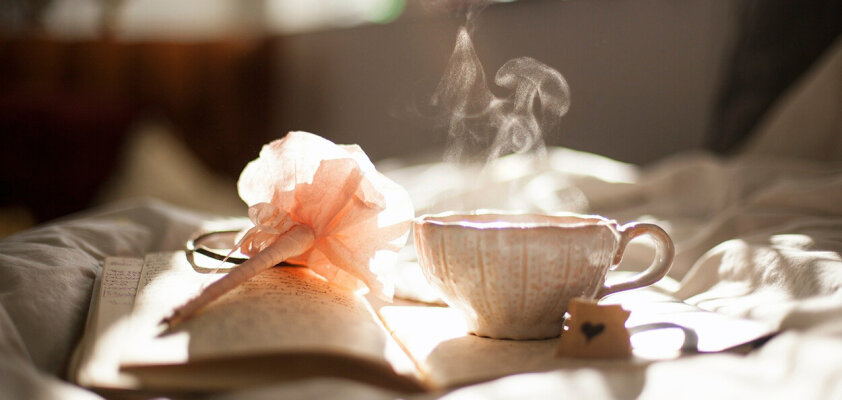
The effect of medicinal herbs has been known for hundreds of years. In dried form, brewed in boiling water, they release their natural ingredients as calming teas, among other uses. Tea has been consumed for centuries, and it is not without reason that in some countries, including Japan, it is celebrated in so-called tea ceremonies. Not only do the ingredients themselves have a soothing effect, but the ceremony itself also has a pleasantly decelerating impact.
How does calming tea work?
What gives tea its effect is primarily the essential oils contained in it, which are found in the stems, flowers, and leaves, depending on the herb. The advantage of herbal teas is simply that they have significantly fewer side effects than synthetic medications. However, this does not mean that they cannot have any side effects at all! Even when consuming calming tea, it is crucial to pay attention to the dosage, especially because the ingredients can vary in strength. Some herbs should only be taken or consumed in the form of tea for short periods. These include, among others, valerian, lavender, and passionflower. It is advisable to consult with a doctor to understand how each herb can affect the body and how to dose its use.
When are calming teas used?
In most cases, tea intended for calming purposes is used during stressful times or when health problems arise. Nervousness, stress, tension, inner restlessness, strained nerves, and associated sleep or insomnia issues are just a small selection. A cup of tea calms, promotes relaxation, and allows your body to unwind, facilitating a return to a restful sleep. Sleep is crucial for regaining energy and better overall regeneration, making it a vital aspect of your well-being.
Take your time
Too much stress can make you sick - that's common knowledge by now. Take time for yourself, regularly treat yourself to a break, simply switch off your devices, and consciously take care of yourself – why not with a cup of tea? Whether it's calming tea or other types of tea with more invigorating effects, you should savor and appreciate this moment. This way, you can much better embrace the relaxation that follows.
It may sound simple, but it's equally easy to implement. Start with a designated day each week, for example, Sunday - turn off your phone, switch off the TV, and eliminate any potential distractions. Create a brief pause that belongs only to you. Let this become a routine, so it finds a fixed place in your life and can be more easily integrated into your daily routine, allowing you to find your time to relax.
Treat yourself to your cup of calming tea before bedtime, without distractions. Many people tend to spend their evenings with smartphones and tablets once everything else is done. However, this, along with stress and other factors, can make it harder to fall asleep. Try engaging in calm activities instead. Enjoy a relaxing book with your cup of tea or listen to soothing music. Deliberately immerse yourself in this break, even if it's challenging at first. A minute of tranquility can make a significant difference.
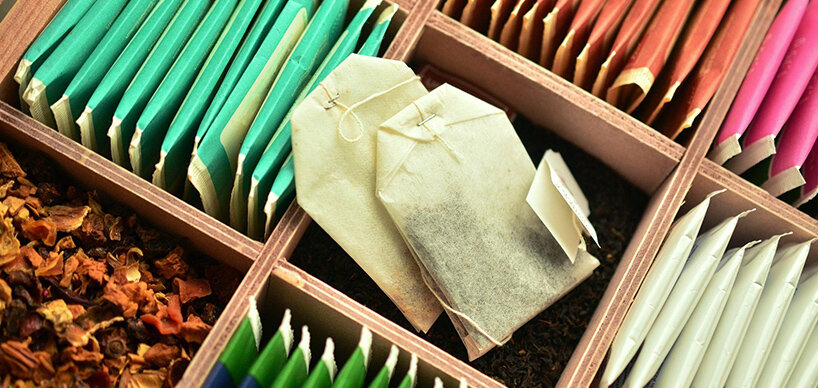
Which teas have a calming effect?
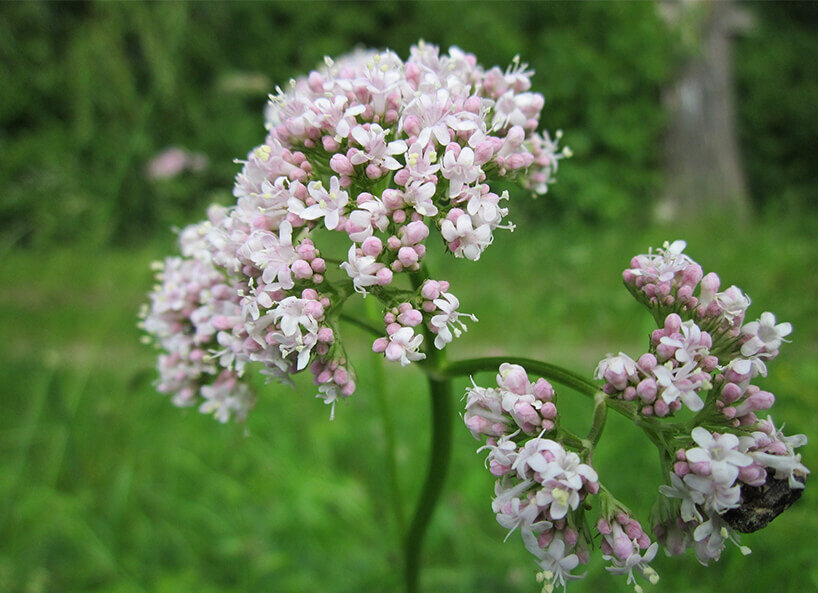
Foremost is probably valerian tea
An herbal remedy that has been known for its effects for hundreds of years. Relaxing, calming, antispasmodic. Valerian is said to promote the quality of sleep, and shorten the time it takes to fall asleep, making it generally beneficial against insomnia, restlessness, and nervousness. However, the relief of these symptoms takes some time and does not occur immediately after drinking the tea, lasting anywhere from a few days to several weeks.
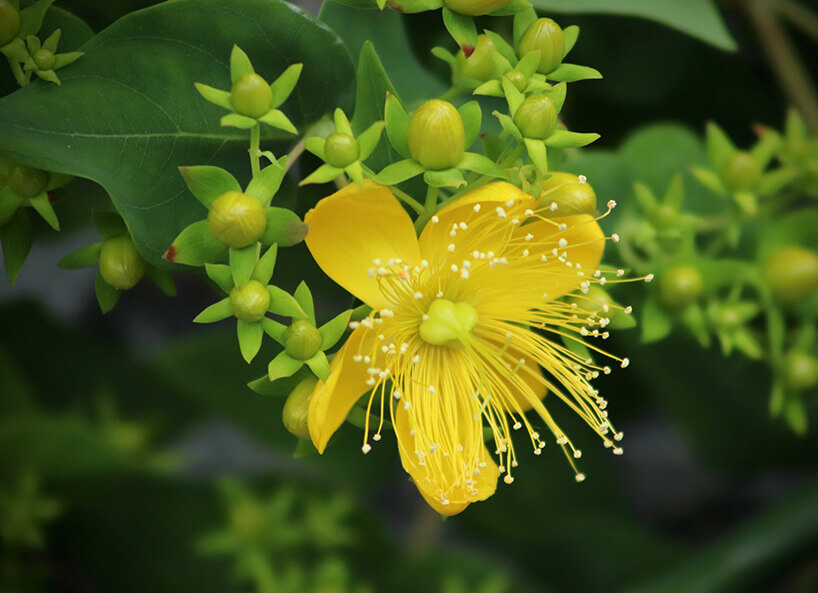
St. John's Wort Tea for Better Sleep and Against Overstimulated Nerves
Similar to valerian, this herb works against sleep disorders and nervous restlessness. However, it is also believed to help with mild depression, including seasonal affective disorder (SAD) or winter blues. The main substances responsible for this in St. John's Wort are Hypericin and Hyperforin. Please be aware of the side effect that the prolonged use of St. John's Wort can lead to excessive sensitivity to light, and extended exposure to direct sunlight should be avoided.
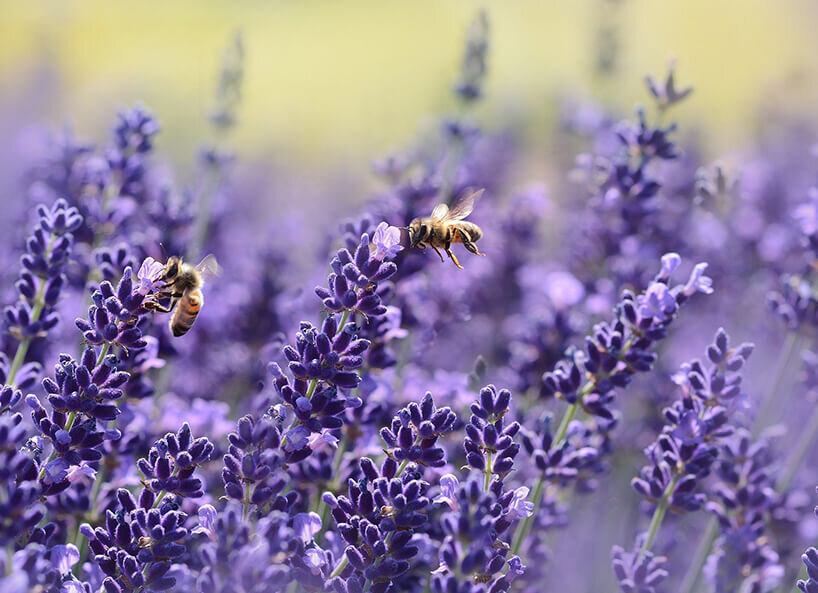
Lavender tea
A herbal tea that, in addition to its calming effect, can alleviate gastrointestinal issues such as bloating, upset stomach, and irritable bowel syndrome, provided it is not excessively dosed. Be mindful not to drink lavender tea over an extended period, as its effect gradually diminishes. Occasionally, swap it for another herbal tea with similar effects to avoid this outcome. Utilize real lavender for its disinfectant properties, such as a home remedy for acne, minor wounds, or skin rashes.
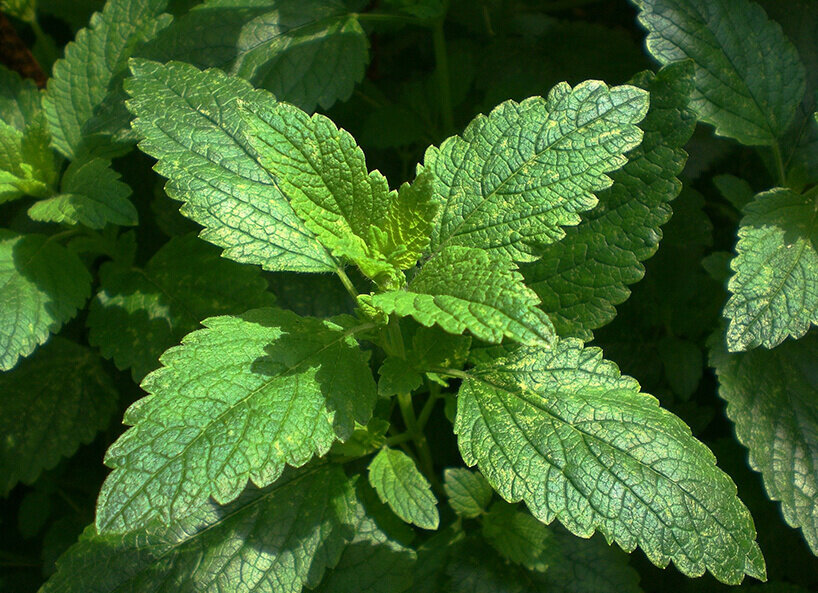
Melissa tea also known as lemon balm
This calming tea has an impact on overstimulated nerves and helps with concentration difficulties, providing relief for both the body and soul. However, it is advisable not to consume melissa tea for an extended period. Ideally, use it only as long as the symptoms persist or in consultation with a doctor or pharmacist. The melissa leaf is also an herb that serves not only for calming but also has antiseptic properties.
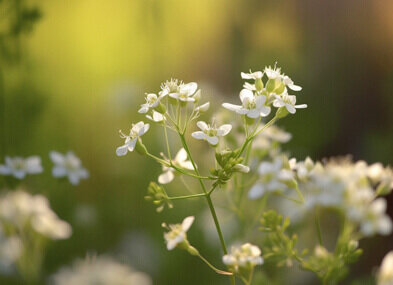
Woodruff tea
A tea variety that one probably doesn't have at the forefront when it comes to the topic of "natural sedatives". Nevertheless, it also provides relief for palpitations, restlessness, anxiety, and stomach problems such as cramps. And, of course, it offers a unique flavor.
For the preparation of each tea, simply follow the instructions on the respective packaging. Whether you want to steep your tea with boiling water or cold water is up to you. However, when it comes to dosage and especially the duration of taking these teas, we strongly advise you to consult with your doctor.
Green tea - does it calm you down or is it an invigorating tea?
In principle, green tea has a stimulating effect and is not necessarily the kind of tea you drink before going to bed. Nevertheless, there are one or two types of green tea that can also be enjoyed in the evening. Houjicha for example, is roasted during processing and therefore contains considerably less caffeine than other green teas. The popular Bancha is one of the low-caffeine green teas. Many studies have already shown that it has many positive health aspects. A daily cup of green tea gets your cardiovascular system going and can contribute to general relaxation in the same way that a calming tea does due to its ingredients. But we have already written a detailed article for you on this topic:








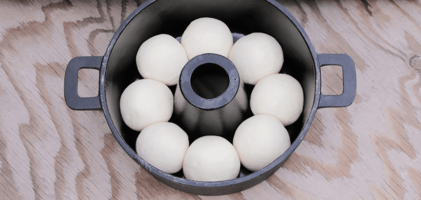


-from-the-yakiyaki-grill-pan.jpg)




